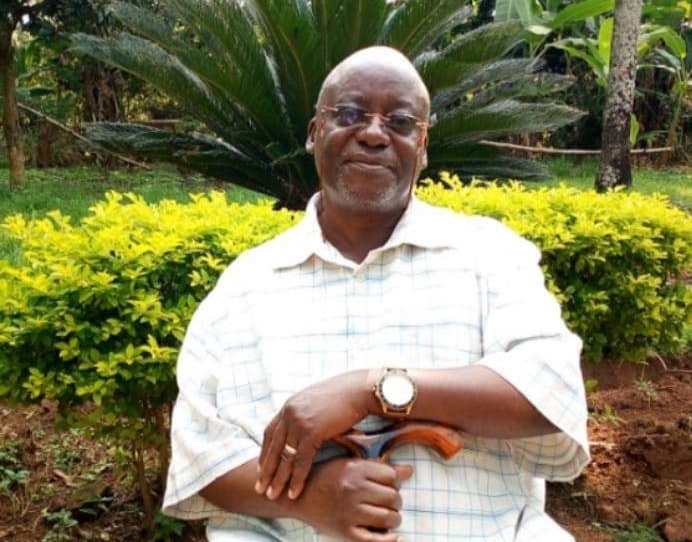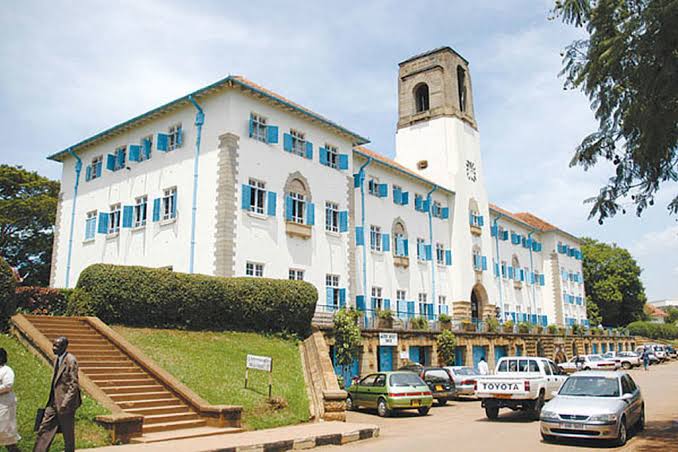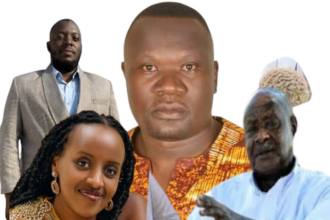During the colonial times Uganda was reserved as a source of semi-skilled and unskilled labour for European farms and factories as well as Asian businesses. A university college, Makerere University, and secondary schools were started mainly by religious Organisation to produce mid-level workers and clerks for the growing colonial economy. Meanwhile, the peasants were introduced to the growing of cash roles such as coffee, cotton, tobacco and grounds, while the white people concentrates on growing of tea. Asians concentrated on growing of sugarcane and trading, via their shops, the crops that the peasants grew, and other things which came in from elsewhere. on the whole the Ugandan population was a source of cheap labour for European and Asian enterprises.
When Uganda attained political independence , the first post-colonial government set out to decolonize and raise the status of the Ugandan above just being a source of cheap labour. It established a minimum wage, established many quality secondary schools, and trained many Ugandans, in an attempt to Africanise the education system and the economy. Soon schools were headed by Africans and most teachers started to be a my Africans. In order to commit educated and hight trained people to work while ensuring self-actualization, government reduced the income gals between workers and paid humanising salaries. There was no need for Ugandans to seek employment elsewhere. Indeed the three East African countries used the same money currency. By the time I joined the University of Dar-es-Salaam in 1972 this was the case. People in Tanzania, Kenya and Uganda were paid more ore less similarly for similar work at similar experience and qualifications.
During the reign of Idi Amin, Ugandans began to flee to other countries to seek socioeconomic security and security of life. Even then the military government do not change the parity that existed between workers with similar experience and qualifications.
Things began to change drastically when President Tibuhaburwa Museveni captured the instruments of power. First , he removed the Minimum wage. This effectively converted the population of Ugandans into a slave population working for peanuts to enrich others. Any employer could choose to pay as little as he or she wanted, however educated, qualified or experienced one was in his or her job. Employers stated to fill jobs with people who were not well-educated, well- experience or well qualified so that they could pay little wages or salaries. Or else those who were well-educated, well-qualified or well- experienced had no choice but to take up jobs below their dignity.
As if all this was not enough Government introduced Universal Primary education (UPE) , and later Universal Secondary Education (USE) whose focus was quantity of pupils and students rather than quality of pupils and students.
These avenues have become significant in nurturing a slave population. Most graduates of the two strategies in education drop out of the education system, and those who manage to go on with their education are even worse than those who never went to school. They can neither read well nor write well nor think well. it is as if government wants people who can only say yes to what they are told, however distasteful; those who cannot challenge anything, and who can easily be hired easily and fired easily, let alone paid poorly and cannot agitate for better treatment.
Injustice in education is seen in the fact that increasingly those who access better education in better schools, or even abroad, are increasingly children of a small group of people of those connected to power. The rest of the country’s children are condemned to be slaves either internally or externally.
They are working on the farms and plantations or in the factories, supermarkets, hotels, shops, or hostels of those who made it because their parents or guardians are in or connected to power. The rest are being sent off in increasing numbers into modern slavery, particularly in the Middle East, where some of of them are losing their organs in well-designed crime circuits to make the rich Arabs live longer while enriching those at home who send them off into slavery.
Uganda has become a renewed Labour Reserve by way of government programmes, which target a few individuals rather than whole communities, leaving the majority in untold poverty, and of course unemployable. Most of the unemployed are increasingly young people. This is not by accident. 80% of the Uganda population is composed of young people. Unfortunately many young are choosing to waste themselves away by engaging in taking drugs, so that they cannot be employed even cheaply, nor be productive on the farm. It is a deplorable situation.
The extended family system, which used to protect the young people socioeconomically, is no more. The future of our young is not assured. Many are too dependent on the old, and take much longer than before to ween off, if at all. They are causing a lot of stress for the old, aging and elderly, thereby sending many of them to their graves early. It is a social crisis, which is not being addressed.
For God and My Country.
Do you have a story in your community or an opinion to share with us: Email us at Submit an Article









